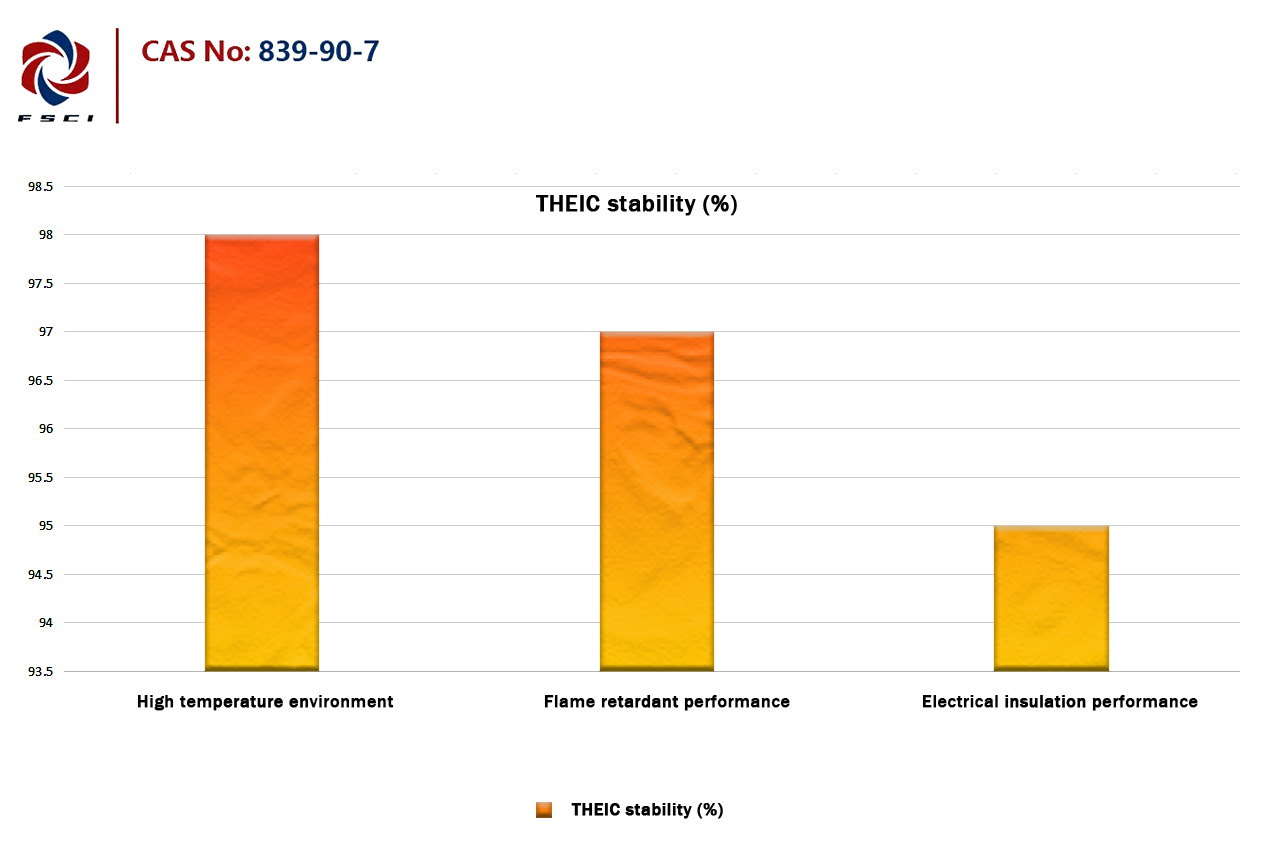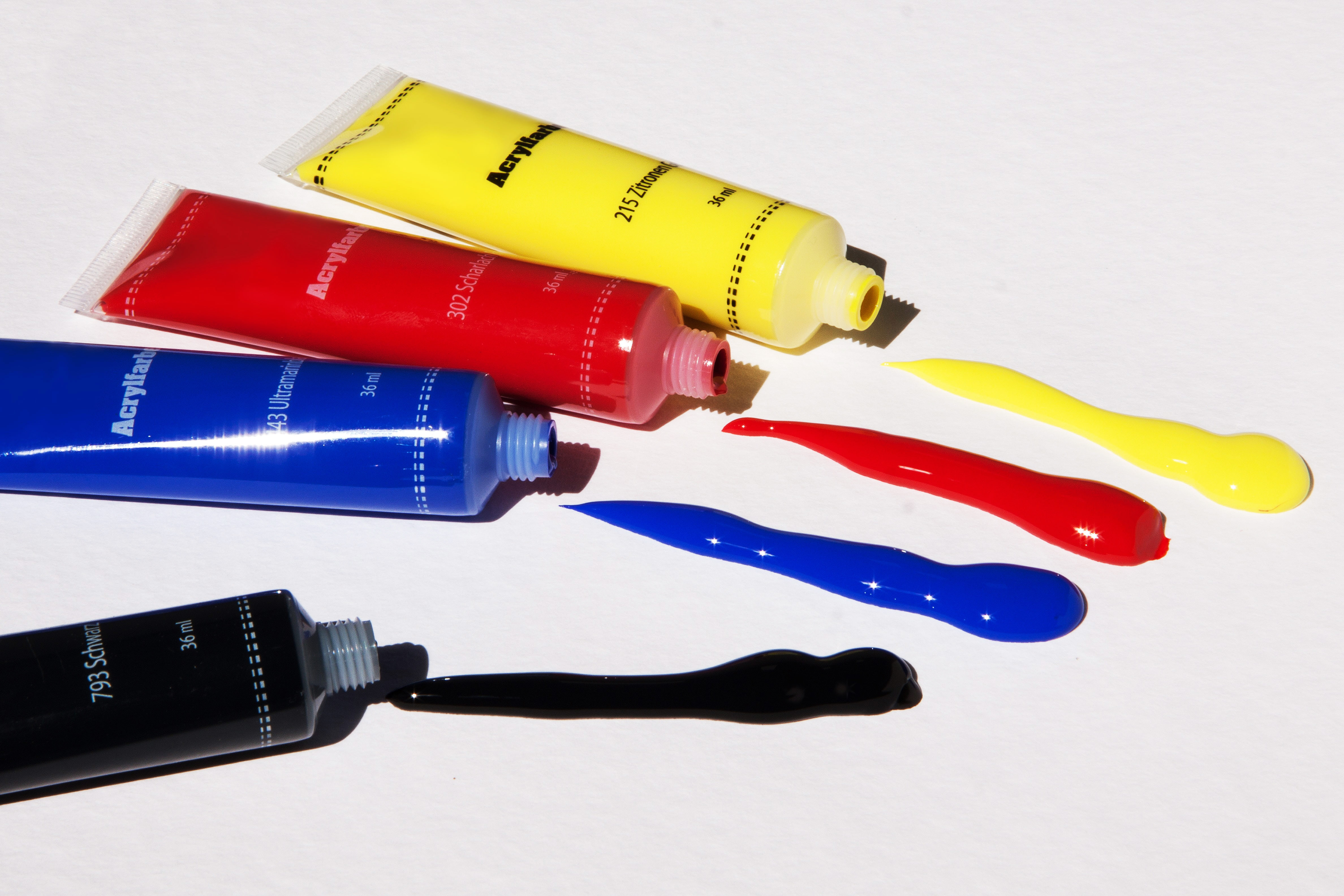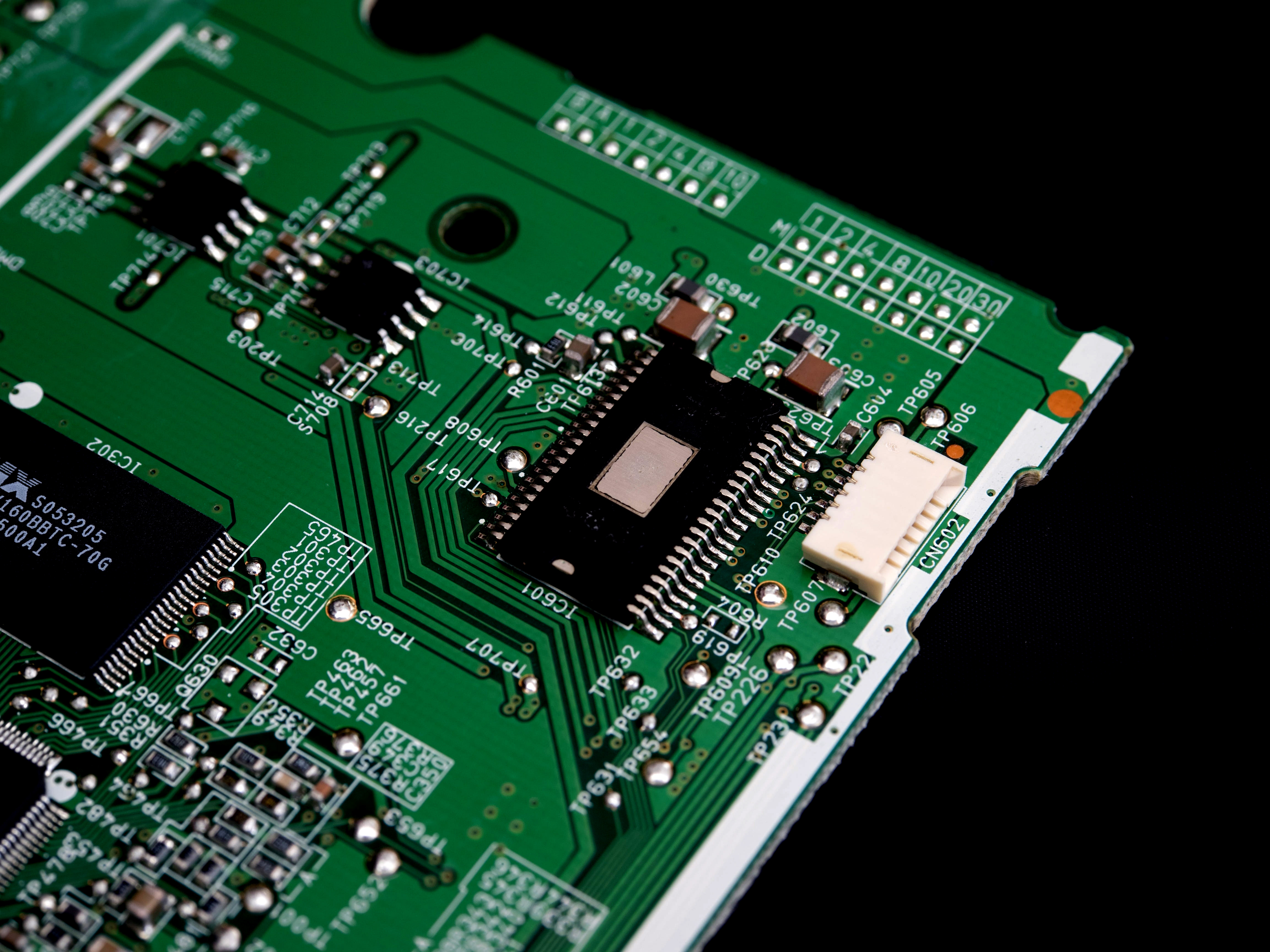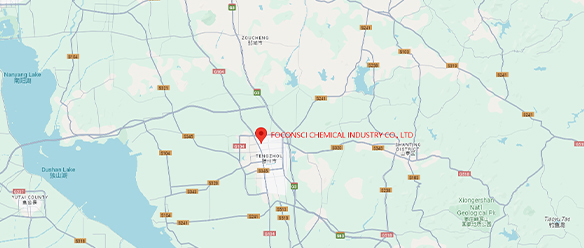THEIC: Enhancing Industrial Applications with Versatile Additives

In the world of modern industrial manufacturing, the continuous search for more effective and efficient materials is essential. Among these advanced chemicals, THEIC (Tetrahydroxyethylimino-chloroethane cas 838-90-7)  has emerged as a noteworthy additive, especially for its diverse applications across industries such as plastics, coatings, adhesives, and even electronics. Known for its ability to improve processing efficiency, enhance product quality, and broaden functionality, THEIC is quickly becoming an essential component in a variety of industrial formulations.
has emerged as a noteworthy additive, especially for its diverse applications across industries such as plastics, coatings, adhesives, and even electronics. Known for its ability to improve processing efficiency, enhance product quality, and broaden functionality, THEIC is quickly becoming an essential component in a variety of industrial formulations.
The Role of THEIC in Industrial Processes
At the heart of THEIC’s appeal is its role as an effective crosslinking agent and stabilizer. By improving the performance of polymers, resins, and coatings, it helps manufacturers achieve products with superior durability, strength, and resistance to degradation under harsh conditions.
For instance, in the plastics industry, THEIC is used as an additive to enhance the thermal stability of plastics, providing greater resistance to heat and reducing the likelihood of degradation during production. This ensures that the end products, such as pipes, films, and automotive components, maintain their integrity and strength even under extreme conditions.
In the coatings industry, THEIC is prized for its ability to improve adhesion properties, allowing coatings to bond more securely to various substrates. This makes it an excellent choice for protective coatings, where the goal is to create a durable and long-lasting finish that resists corrosion and environmental wear.

Expanding Applications: From Electronics to Adhesives
THEIC's versatility extends beyond conventional industrial applications into more specialized fields such as electronics and adhesives. In electronics, for example, THEIC is used to improve the thermal conductivity of certain components, helping to reduce overheating and enhance the efficiency of electronic devices. This is especially important in applications like semiconductors and printed circuit boards, where precision and reliability are paramount.
In the adhesives market, THEIC plays a pivotal role in increasing bonding strength and enhancing the flexibility of adhesives. By ensuringy strong bonds between materials, it helps create more durable and long-lasting products. This makes THEIC a go-to ingredient in the production of high-performance adhesives used in industries such as automotive, construction, and packaging.

Complementary Chemicals to Optimize Performance
While THEIC brings a broad range of benefits to these industries, its performance can be enhanced when paired with other additives that complement its unique properties. One such example is Acrylic Acid (CAS 79-10-7), which is often used alongside THEIC in polymer formulations to enhance adhesion and improve the overall strength of the material. The combination of these chemicals ensures that the final products perform better under stress and offer superior resistance to environmental factors.
Additionally, phosphoric acid (CAS 7664-38-2) is frequently utilized in tandem with THEIC to improve the anti-corrosive properties of materials. In industries like construction and automotive, where materials are constantly exposed to harsh conditions, combining THEIC with phosphoric acid can significantly enhance the durability of metal parts, extending their lifespan and reducing maintenance costs.
Another noteworthy chemical is polyure thane (CAS 9009-54-5), a highly versatile polymer widely used in coatings, adhesives, and foams. When paired with THEIC, polyurethane becomes even more resilient, with better heat resistance and longer-lasting performance, making it the ideal solution for demanding industrial applications.
Sustainability and Future Potential of THEIC
As industries move toward more sustainable practices, THEIC’s role in creating more environmentally-friendly materials cannot be overstated. It is increasingly being used in the development of biodegradable polymers and other green materials, which are designed to minimize environmental impact while maintaining high performance. By reducing reliance on more harmful substances, THEIC helps manufacturers meet increasingly stringent environmental regulations without compromising on quality or performance.
Moreover, the growing demand for circular economy solutions is likely to propel THEIC’s role in recycling and waste management. The ability to enhance the durability and reuse potential of materials is a key factor in sustainability, and THEIC is well-positioned to contribute to these advancements by ensuring that industrial products can withstand multiple life cycles.
Conclusion: THEIC and Future Trends in Industrial Additives

In summary, THEIC is emerging as a critical component in various industries due to its versatility and performance-enhancing capabilities. As a crosslinking agent and stabilizer, it plays a pivotal role in improving the quality and durability of plastics, coatings, electronics, and adhesives.
For industries looking to boost their production efficiency and product performance, THEIC is a highly effective solution. In addition to its individual properties, it works synergistically with other chemicals such as Acrylic Acid, phosphoric acid, and polyurethane to further enhance material characteristics.
If you're looking for a reliable partner to improve the performance of your products, Foconsci Chemical Industry Co., Ltd. offers a wide range of high-quality additives, including THEIC (CAS: 627-12-3), designed to meet your manufacturing needs. We are committed to delivering products that ensure your materials have enhanced durability, strength, and performance, all while meeting industry standards.
Feel free to reach out for more information or to request a quote for our premium industrial additives!


 EN
EN
 AR
AR
 BG
BG
 HR
HR
 CS
CS
 DA
DA
 NL
NL
 FI
FI
 FR
FR
 DE
DE
 EL
EL
 HI
HI
 IT
IT
 JA
JA
 KO
KO
 NO
NO
 PL
PL
 PT
PT
 RO
RO
 RU
RU
 ES
ES
 SV
SV
 TL
TL
 IW
IW
 ID
ID
 LV
LV
 LT
LT
 SR
SR
 SK
SK
 VI
VI
 HU
HU
 TH
TH
 TR
TR
 GA
GA
 CY
CY
 KA
KA
 LA
LA
 MN
MN
 KK
KK
 LB
LB

